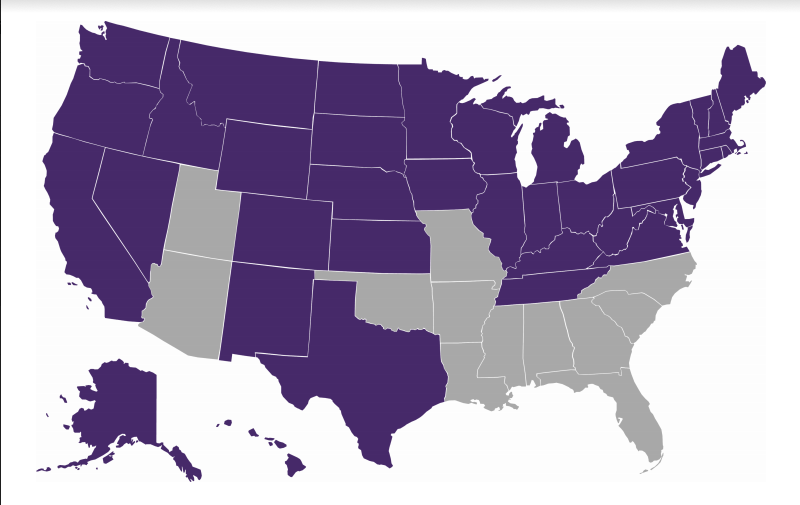Even 100 years after the passing of the 19th amendment, which granted women the right to vote, gender inequality remains at large. Indeed, the entrance of the Supreme Court reads “Equal Justice Under Law”, but no legislation has been passed to enforce gender equality. However, the passing of the Equal Rights Amendment, or ERA, would add federal legalization.
The ERA was originally proposed in the 1920s by female suffragist, Alice Paul. It was the 27th proposed amendment and would guarantee full equal rights for all American citizens, regardless of sex. States may have various forms of gender laws, but the ERA would provide women with the highest level of constitutional justification against sexual discrimination. Gender would now be seen as a classification, akin to ethnicity and religion. “Equal Justice” could finally be enforced, but not all states have been quick to ratify the amendment. In fact, to this day the ERA has not been legally ratified in 12 states, including Florida.
Social Science teacher Mrs. Grenz believes traditional southern values have played a part in keeping some states from passing the ERA. She notes how the ERA came close to passing in the 20s and 70s but never met the required ¾ majority house votes. She credits conservative feminist Phyllis Schlafly for being the primary reason for this rejection. Schlafly opposed the ERA for fear of losing rights that women already had. She interpreted “equality” as being literal and absolute in all specifications. She believed women would be subject to the draft, lose custody of children, lose social security benefits, and have to experience co-gender restrooms. Schlafly wanted to maintain the idea of republican motherhood in which the woman operated in the protected house and wished to avoid laws that would create an unfair favoring for men.
Despite the ERA not officially being passed, the act has gained headway since the 20s.
“In the past 50 years, we’ve had many lawsuits that have questioned discriminatory practices against women,” Grenz said.
One instance was the Newsweek field complaint against the Equal Employment Opportunity Commission in the 1970s. Men with the same qualifications as women were getting higher-paid jobs. They argued that a lack of women were in senior roles, leading to fewer career advancement chances. It sparked a women’s revolt that ultimately won them the complaint, but the News company still wouldn’t give them any promotion. With an ERA in place, that would’ve been different.
Recently, large steps have been taken in Florida to ratify the ERA. This was due to three states adopting the ERA, reviving ratification talks after more than two decades of advocacy. This past January, Floridians gathered at the Capitol to fight for ratification. The issue had been that the deadline for ratification of the ERA was originally set to 1979, but then extended to 1982. Prior to 1982, 35 states had ratified it. Policy officials believe that states can no longer accept the ERA, but Nevada, Illinois, and Virginia were able to via the “Three-State Strategy”. This makes the deadline non-binding and allows for ratifications to continue past 1982, with the most recent state adopting the ERA being Virginia from just last month. The goal of these Floridians was to make Florida the 39th state to ratify, with the house already passing it and just needing the official vote to adopt the ERA. If over 38 states ratify, the ERA can officially be implemented in the US Constitution.
“Passing the ERA… would help solidify women’s gains in terms of choices and wage discrepancy,” Grenz said. “It solidifies the advancements women have made and makes it more difficult for those rights to be taken away.”




